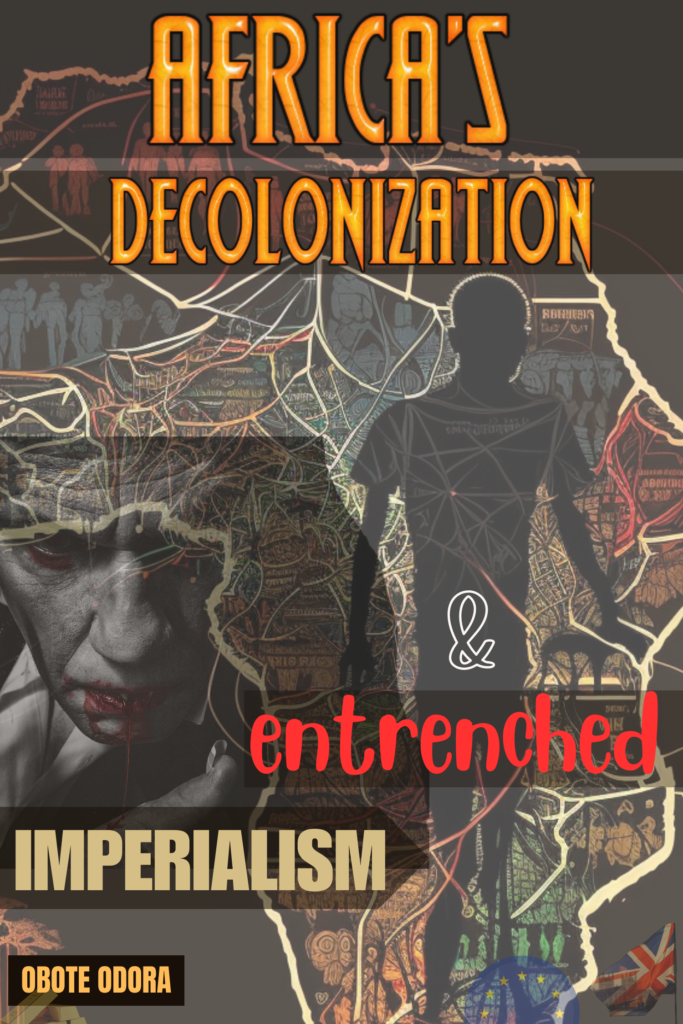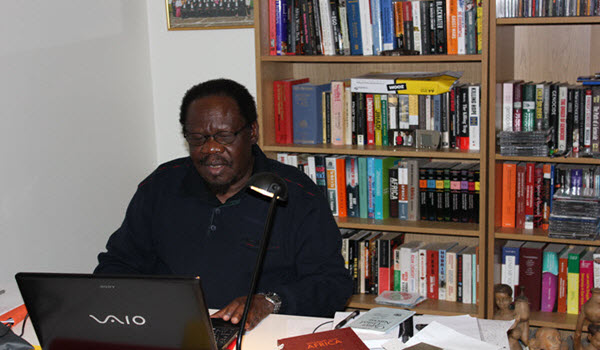
New Book by Dr. Obote Odora Renders a Critical Examination of Post-Colonial Africa
In “A Critical Examination of Post-Colonial Africa,” Dr Alex Odora, the book’s author, delves deep into the complex issue of decolonization of the African continent, offering a thought-provoking and uncompromising perspective. The book boldly challenges the conventional narrative of decolonization, arguing that it was nothing more than a facade created by European colonizers to maintain control over their former colonies.

The central argument of the book revolves around the idea that decolonization in Africa did not lead to genuine sovereignty and independence. Instead, the author contends that the former colonial powers, operating through institutions like the IMF, World Bank, and World Trade Organization, continued to exert a dominant influence over African nations’ political economies. This assertion is backed by a compelling analysis of the economic, political, and educational policies that perpetuated a neo-colonial status quo.
One of the book’s standout points is its exploration of the three successful strategies employed by colonialists to subjugate Africa: control of knowledge production and use, colonization of African minds, and control of indigenous natural and human resources. The author convincingly argues that control over knowledge was the linchpin, enabling the colonialists to impose their systems and ideologies on Africa while marginalizing indigenous knowledge as inferior.
The author maintains that even after decolonization, African leaders, intellectuals, and opinion leaders continued to operate within the framework of former colonial bureaucracies. Economic, political, and educational policies were structured in a manner that perpetuated a Eurocentric worldview, stifling indigenous knowledge and ideas.
The book’s most compelling assertion is its ultimate conclusion: colonialism never truly ended. Instead, it evolved into neo-colonialism, rendering the concept of a “post-colonial” Africa logically untenable. The author’s unyielding tone and argumentative style leave readers with a profound sense of unease, prompting them to reevaluate their understanding of African history and contemporary geopolitics.
In deed, “Africa’s Decolonization: A Critical Examination of Post-Colonial Africa” is a courageous and thought-provoking treatise that challenges established notions of decolonization and post-colonialism. It serves as a compelling call to action, urging readers to critically assess the ongoing impact of colonialism and neo-colonialism in the African context. This book is an indispensable read for anyone seeking a deeper understanding of Africa’s complex history and its enduring struggle for true independence.
Okoth Osewe

